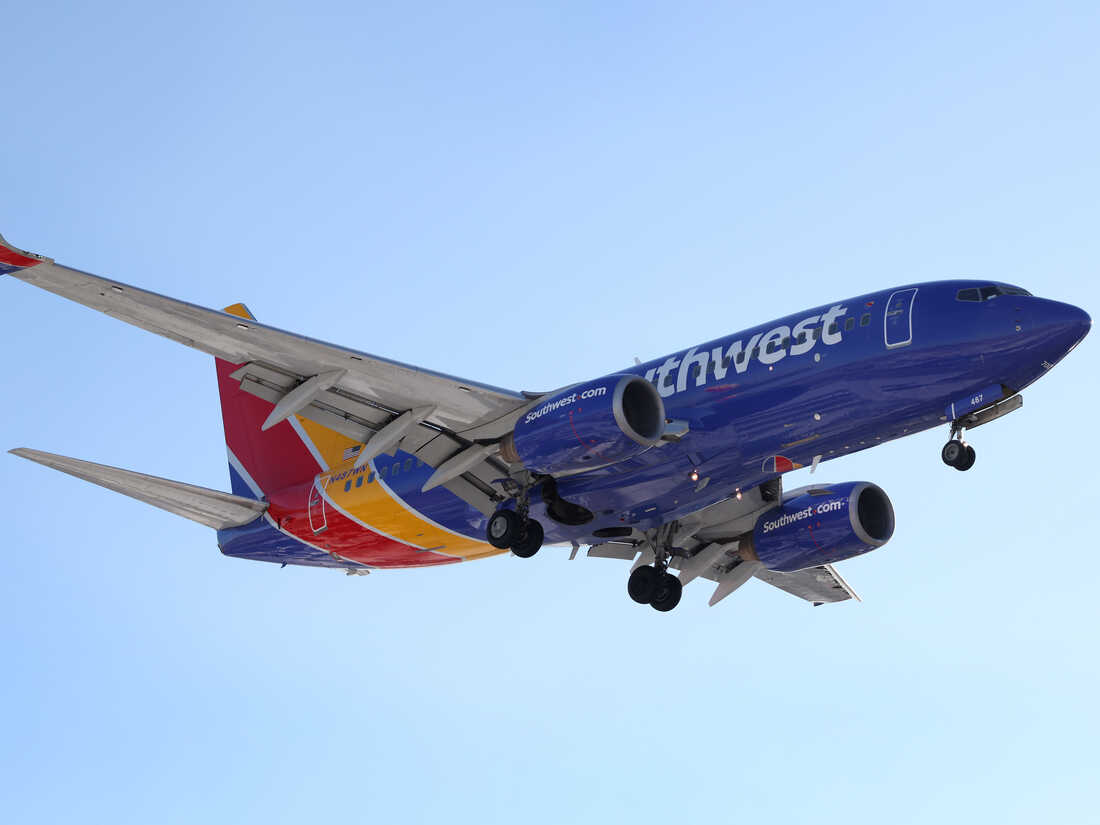Already a subscriber? Make sure to log into your account before viewing this content. You can access your account by hitting the “login” button on the top right corner. Still unable to see the content after signing in? Make sure your card on file is up-to-date.
In a landmark settlement, Southwest Airlines has agreed to pay $140 million to resolve a federal lawsuit stemming from last December’s travel disruption, which resulted in thousands of flight cancellations and affected millions of passengers.
The settlement, announced on Monday, marks the most significant penalty ever imposed on an airline for breaching consumer protection laws, according to the Department of Transportation (DOT). Southwest will pay $35 million in cash to the DOT over three years, with the bulk of the settlement, approximately $90 million, allocated for compensating future passengers to prevent similar incidents.

Transportation Secretary Pete Buttigieg expressed hope that this lawsuit would motivate airlines to avoid similar issues in the future, stating, “This penalty should put all airlines on notice to take every step possible to ensure that a meltdown like this never happens again.” Southwest Airlines President and CEO Bob Jordan highlighted the company’s commitment to enhancing customer experience and operational resilience, including preparations for winter operations.
The lawsuit follows an extensive investigation into the meltdown that resulted in over 16,900 flight cancellations or delays, impacting over 2 million passengers. Southwest has already disbursed over $600 million in ticket refunds, reimbursements, and goodwill gestures, including additional Rapid Rewards points. Despite the DOT’s findings of inadequate telephone customer service, Southwest defended its efforts in the consent order, citing increased call center capacity during the high-demand period.
Under the settlement, Southwest Airlines passengers affected by the meltdown could receive a $75 voucher for future travel if they experience delays caused by issues within the airline’s control, leading to a three-hour or longer delay in reaching their destination. This requirement is part of Southwest’s commitment to improving customer service and accountability.






